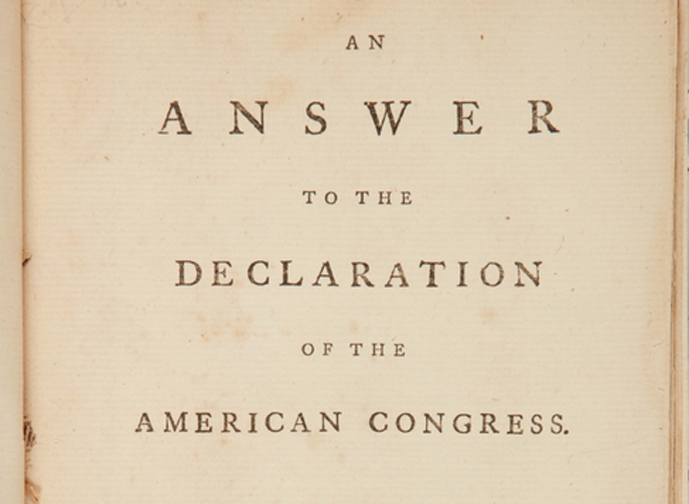Book Review: The Spirit of ’74, How the American Revolution Began (New York, The New Press, 2015) by Ray Raphael and Marie Raphael
Most people understand that the American Revolution began in Massachusetts. What they may not know is that the revolution actually began well over a year before the gunfire at Lexington and Concord.
Rather than the closing of Boston Harbor, although that certainly played a part, the real prime mover was the Massachusetts Government Act which dismantled the 1691 Charter for Massachusetts. The people no longer could choose their own jurors and the Crown would appoint the Council. Judges, sheriffs and justices of the peace were not answerable to the population they served. Town meetings were banned except for a yearly meeting and the meeting agenda had to be pre-approved. This was intolerable and the residents responded.
A grassroots populist tidal wave of opposition arose determined not to allow their freedoms be stripped away. Towns and villages all over Massachusetts would not allow Crown appointees to carry out their duties. Courts were closed by the expedient of filling the courthouses with thousands of ordinary citizens thus preventing the courts from sitting. The judges and other functionaries were required to resign their positions or flee to Boston and the protection of the British army. This revolution in Massachusetts was not brought about by the well-known “names” associated with the revolutionary period but rather by little known locals supported by many thousands of ordinary people.
Only in Boston, protected by the military, was British authority enforced. Elsewhere, throughout the entire province, the citizenry organized for their own well-being. This was a bloodless revolution where the political authority was turned out and was taken over by the people.
Naturally, these unexpected revolutionaries would presume that the British would attempt to recover their lost colony. Militia units were organized, supplied and drilled. This was not simply a local effort but rather organized by the Massachusetts Provincial Congress, an extra-legal body, to cover the entire province. Large quantities of supplies of all types were procured. Men willingly turned out for the militias in anticipation of a military response to their revolution.
King George had three choices. He could give in to the provincial demands and repeal the Coercive Acts or he could simply accept the loss of Massachusetts. He chose the third option – put down the revolution by force.
In a very real sense what became the American Revolution joined the revolution that had already taken place in Massachusetts in 1774.
The Raphaels tell this dramatic story in a fascinating and very readable manner. Even knowing that the events of April 19th are just over the horizon the unfolding of the tale makes for exciting reading. Many specific examples and quotations from participants allow the history of this revolution to flow in a natural progression. The text is augmented with excellent endnotes. A minor issue is that there is no map to enable the reader to pinpoint the various locations mentioned in the book.
This book thoroughly explains what took place in Massachusetts between the Boston Tea Party and Lexington/Concord. Without this background of revolution the march to Concord doesn’t make sense. The Spirit of ’74 ties it all together. Highly recommended.










One thought on “The Spirit of ’74, How the American Revolution Began”
Preventing courts from meeting? Forcing judges to resign? Electing jury members? People forming their own militias to defy the authorities? No one would accept such actions if done today. We would call it home grown terrorism, and the public would demand that the federal government put a stop to it immediately. So, basically, George III was doing exactly what we would all want George W. Bush or Barack Obama to do in a similar situation.